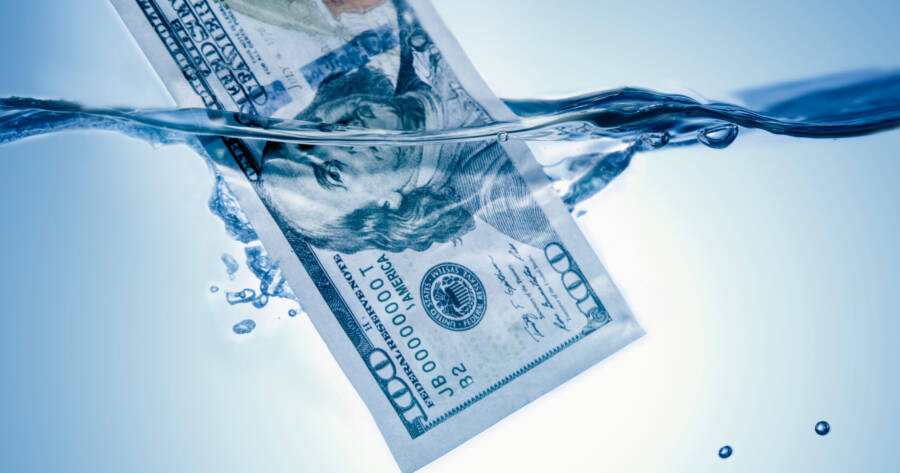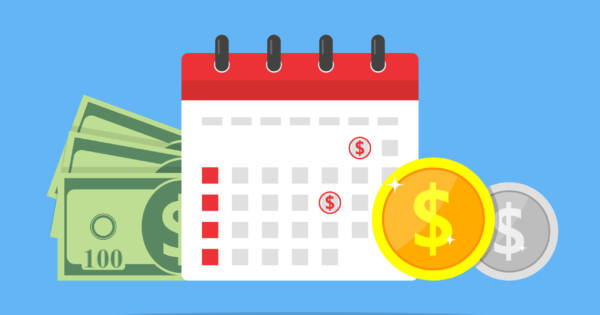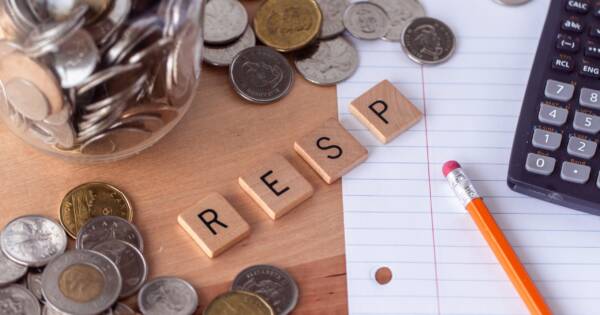In my household growing up, my mom reminded us about saving water quite often. I wasn’t always as good at listening as I should have been. Then I saw a monthly water bill for myself. What an eye opener! There are some expenses you cannot comfortably cut, like food. However, most of us are using much more water than we need. Fortunately, there are a few simple strategies to help you save on your water bill.
Keep an Eye on When Your Faucet is Running
Our sinks are fixtures that get a lot of use, day after day. Whether you’re washing dishes, brushing your teeth, or you have a leaky pipe you haven’t quite gotten around to fixing, the faucet is one place where water just drains away. Since we use them so much, cutting our water bills starts in the kitchen and bathrooms.
Think about it like this: you get billed for that water. Every unused ounce results in some amount of wasted money. It might be a small amount, but it adds up over the months and years. It can be easy to forget that your faucet is even on. Saving on water means being cognizant of every instance where good water just passes you by. Good habits with the fixtures you rely on most will mean less water consumption.
Fixing a leaky faucet is a huge pain. However, even a little bit of water draining away adds up in terms of costs. Keeping water running while you’re brushing your teeth does nothing before going back into the sewer. And remember that washing dishes by hand can use up to 24 more gallons, which is far more than your dishwasher.
Take Shorter Showers
Some estimates put shower use at about 17% of your total household water use. That’s nearly one-fifth of all the water in your entire household. Unfortunately, this makes it the prime suspect when your water bill comes up a little heftier than you expected. So consider cutting it down.
We’ve all been there. Perhaps we like long showers after a workout. Or maybe they’re a means of relaxing at the end of a stressful day. They ease sore muscles, help us solve problems we didn’t know we were solving, win fictional arguments in our heads, or just let us get lost in our thoughts. However, every minute in the shower costs money. Doing things like setting a timer or showering in the morning before breakfast are great ways to make sure you’re using your time (and water) wisely.
From now on, it’s best to think of long showers as a luxury. They feel amazing in the moment, but you will pay for them long-term. Another common tip to save water is to shower with your spouse or partner (if applicable), instead of taking two separate showers. However, that means giving up a lot of your privacy, so it may not be the best bet for you.
Make Sure Your Washing Machine and Dishwasher Are Full
Run full loads. It just makes sense. Every single load of your dishwasher or washing machine will use roughly the same amount of water. Full loads of clothes or dishes make sure you’re making the most out of every single rinse cycle. Even Energy Star-certified dishwashers use about three gallons of water for every load. A standard washing machine needs anywhere from 7 to 19 gallons of water per use.
Like watching your faucet and taking shorter showers, this is the kind of savings that has an impact over time. Besides, full loads are also time-saving for you.
Take Advantage of Rebates for Efficient Appliances
One approach to saving money is to squirrel away a little bit over a long period of time. However, saving money on big purchases is also important. The next time you need to buy a major household appliance like a dishwasher or washing machine, keep in mind that you can likely get money back from the government for it. Certain state and federal initiatives exist to encourage the purchase of more efficient appliances. A big part of those programs is offering rebates to make resource-saving options more affordable.
The qualifying appliances also meet certain efficiency standards, meaning they will save you money on water throughout their lifetimes. It truly is a win-win.
Get an Aerator or Water Filter
Aerators and filters generally serve different purposes. However, they can both save you money on water bills. Aerators make your faucet more efficient by infusing tiny air bubbles into the stream. This makes your faucet gentler, increases spread, and decreases flow.
On the other hand, water filters help remove impurities that can change the taste of your water or that you may be concerned about. They can make your own tap competitive with your favorite bottled water brand. While a filter will not save money on your water bill directly, the average household spends about $100 on bottled water per person every single year. For a family of four, that works out to $400 that could be better spent elsewhere.
Keep in mind that water filters will not make water safe from all kinds of contaminants. You should check to make sure your tap water is safe to drink. If it is, you should take full advantage of your water service and skip the bottled water.








